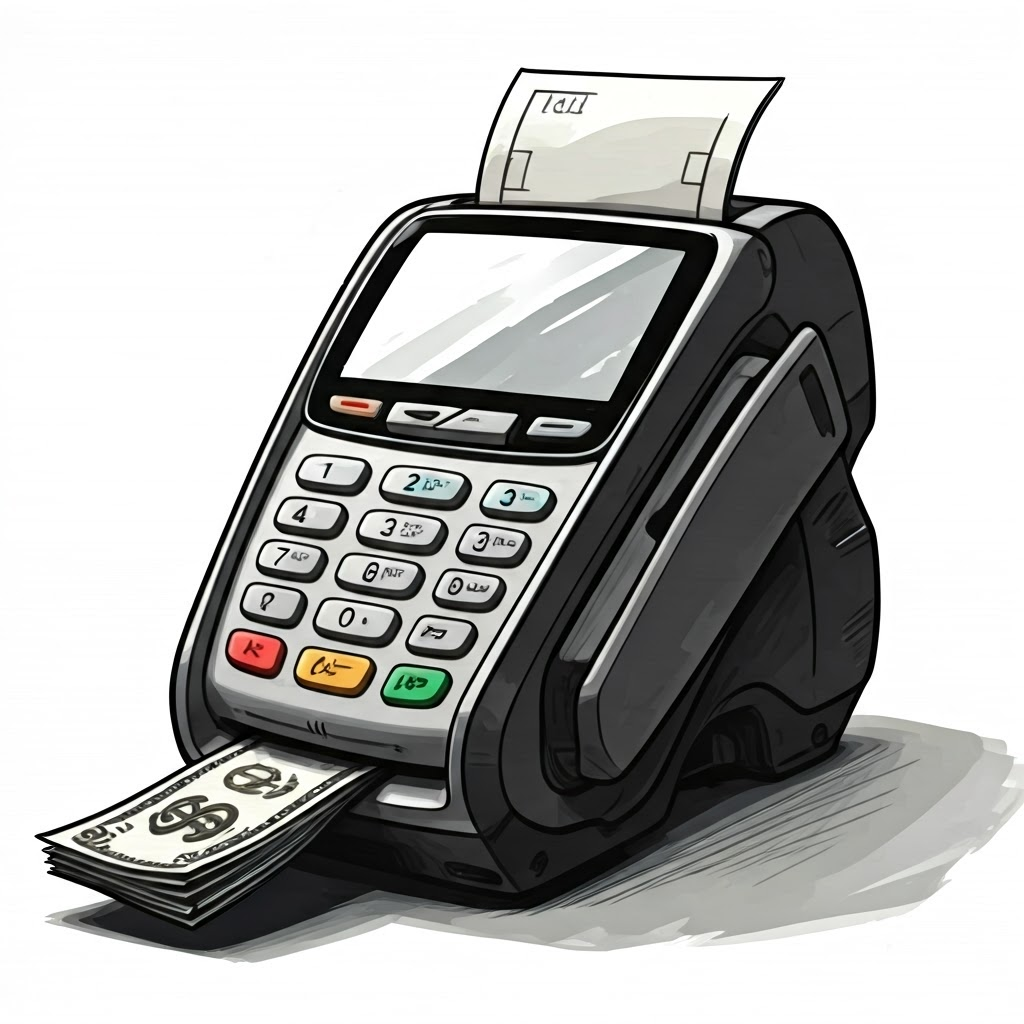Nigeria’s reliance on mobile money agents has skyrocketed due to the ongoing cash crunch. While these agents provide a vital service, concerns are rising about their potentially exploitative practices, adding to the financial burden faced by many Nigerians.
- Cash scarcity fuels the rise of mobile money agents.
- Nigerians grapple with high transaction fees and limited access to cash.
- Lack of regulation and oversight raises concerns about exploitation.
- The Central Bank’s cashless policy and its impact on the financial landscape.
- Finding solutions: Balancing financial inclusion with consumer protection.
The Rise of Mobile Money Agents
Mobile money agents, equipped with point-of-sale (POS) machines, have become ubiquitous across Nigeria. They offer essential financial services, especially in areas with limited bank access. However, this convenience comes at a cost, as many agents charge exorbitant fees for cash withdrawals and other transactions.
Cash Crunch Creates a Crisis
The ongoing cash shortage, triggered by the naira redesign and withdrawal limits imposed by the Central Bank of Nigeria (CBN), has exacerbated the situation. Nigerians are forced to rely on these agents, often paying hefty premiums to access their own money. This adds another layer of difficulty to the already challenging economic climate.
Exploitation and Lack of Oversight
Critics argue that some agents are taking advantage of the cash crunch, charging excessive fees without any regulatory oversight. The lack of identity checks and clear guidelines creates an environment ripe for exploitation. This raises serious questions about consumer protection in the mobile money sector.
The Central Bank’s Role
The CBN’s cashless policy, while aimed at promoting digital transactions, has inadvertently empowered mobile money agents. The restrictions on cash withdrawals have pushed more people towards these agents, giving them significant leverage in the financial system.
Finding a Balance
While mobile money agents play a crucial role in financial inclusion, the current situation demands a careful reassessment. Balancing the need for accessible financial services with consumer protection is paramount. Stronger regulations, transparent fee structures, and increased oversight are vital to prevent exploitation and ensure fair practices in the mobile money sector. This will not only safeguard consumers but also foster trust and stability in the financial system.
The Way Forward
The government and regulatory bodies must work together to create a more balanced and sustainable mobile money ecosystem. This includes implementing stricter regulations, promoting financial literacy, and empowering consumers to make informed decisions. Only then can Nigeria fully harness the potential of mobile money while protecting its citizens from exploitation.
For more on financial inclusion and economic development in Nigeria, visit the Central Bank of Nigeria website.





